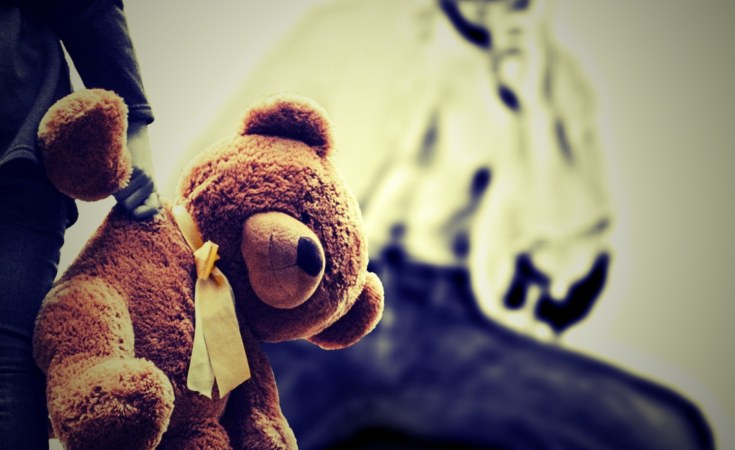Cape Town — In a unanimous judgment, the Constitutional Court of South Africa ruled that the common law defence of reasonable and moderate parental chastisement of children is unconstitutional. The court said it was of the view that there are effective ways to discipline children without the use of corporal punishment. The ruling has been met with mixed reaction, with some organisations hailing it while others saying it sets a very dangerous precedent.
Dr Sonia Vohito, Africa Project Coordinator at The Global Initiative to End All Corporal Punishment of Children talks about the importance of the ConCourt ruling.
Will the ruling change parents and caregivers' behaviour in South Africa?
We're quite confident that it will. We obviously heard strong reaction against the ban, but in other countries where it was banned, the reaction was the same. Parents were very much against it because they were used to it. I mean, we were raised with physical discipline. So suddenly being asked to stop is like questioning our parents' parental skills but over time it will change just like in other countries. This is just the beginning, a starting point, now we need to move to the implementation phase where we have to change our attitude and behaviour as parents, adults and caregivers. So we're encouraged but anxious about how we're going to ensure that children are protected against violence.
The Freedom of Religion South Africa, a pressure group argues that the ruling infringes on their constitutional right to the free exercise of religion. What say you?
We can't be fighting to administer violence. My organisation works across the world and my project particularly in Africa we have worked with religious leaders and when you ask them about religion they say it's about law, forgiveness, peace and compassion, they never talk about violence. So the idea that physical discipline is part of a religious right, is not what we know. Some attend our meetings and campaign against violence. Of course you may have some toxic ideas from some groups but parents' will have to think about the best interest of the children, because at the end of the day it's their children.
What do you say to people who want a return to corporal punishment at school? My experience has been that we'd study more and eventually pass because we were scared of getting beaten.
Research says corporal punishment is actually damaging for students because they have issues with cognitive development, poor performance. It's actually one of the cases of children dropping out of school. Some students have died in the hands of their teachers, so bringing back corporal punishment in schools is not a solution. We often hear adults say, I'm who I Am in life, I'm doing well because I've been beaten and that's how I did well at school. We tend to disagree because we don't know how you would've been if you hadn't gone through that. Maybe you would have done better than what you did. Also there are no studies at the moment that can directly link better school performance and corporal punishment, we have the opposite. Last year in Tanzania a student died at the hands of the teacher. Some students go to school and teachers are not aware of the health conditions they might have.
Now that the ruling has been passed, what comes next?
There have been some small interventions at local levels from places like Western Cape and now there will be a nationwide campaign on positive discipline in South Africa that's being organised. The hope is that it will happen very soon in the coming months so that it can be across the country.
Having worked all over the continent, what are the barriers that you faced in the implementation of such?
There have been barriers like religion and lack of human resource. Sometimes people are not even aware, but it's good South Africa has effective media. Parents must be supported because we're taking out something that they have been used to, we have to provide them with support and alternatives to discipline.
What are the long term effects of physically disciplining children?
Prevention is always better because the cost of violence is higher. That's why we are campaigning to prevent parents from using physical discipline against their children.


